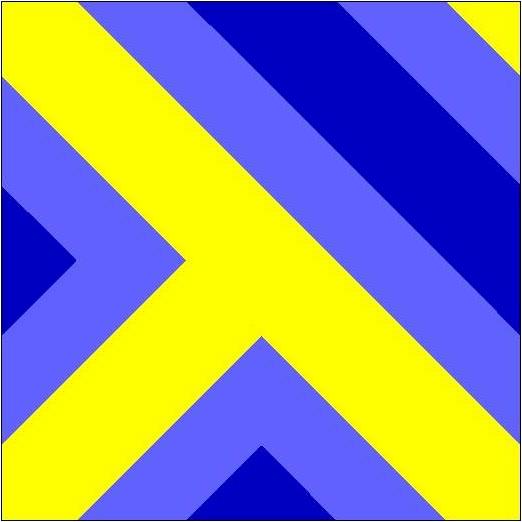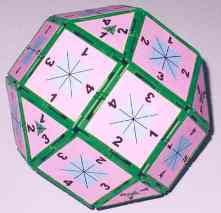 In this first photo: the dodecahedron in the middle is obtained from the one in the left hand side using a reflection and the permutation (24)(35) of the numbers and the dodecahedron in the right hand side is obtained from the one in the middle using the permutation (12)(35) of the numbers.
In this first photo: the dodecahedron in the middle is obtained from the one in the left hand side using a reflection and the permutation (24)(35) of the numbers and the dodecahedron in the right hand side is obtained from the one in the middle using the permutation (12)(35) of the numbers. In this second photo: the dodecahedron in the middle is obtained from the one in the left hand side using a reflection and the dodecahedron in the right hand side is obtained from the one in the middle using the permutation (12)(35) of the numbers
In this second photo: the dodecahedron in the middle is obtained from the one in the left hand side using a reflection and the dodecahedron in the right hand side is obtained from the one in the middle using the permutation (12)(35) of the numbers In this third photo: the dodecahedron in the middle is obtained from the one in the left hand side using a reflection and the dodecahedron in the right hand side is obtained from the one in the middle using the permutation (12)(35) of the numbers
In this third photo: the dodecahedron in the middle is obtained from the one in the left hand side using a reflection and the dodecahedron in the right hand side is obtained from the one in the middle using the permutation (12)(35) of the numbersIn each of these photos one can see two of the six natural solutions of the dodecahedron (2) puzzle that belong to the same equivalence class. These solutions are easily recognized because they have the number 1 (the two solutions in the l.h.s.) and the number 2 (solution in the r.h.s) assigned to orthogonal edges. See Symmetry / Simetria (10).




.jpg)
.jpg)
.jpg)


.jpg)
.jpg)





No comments:
Post a Comment